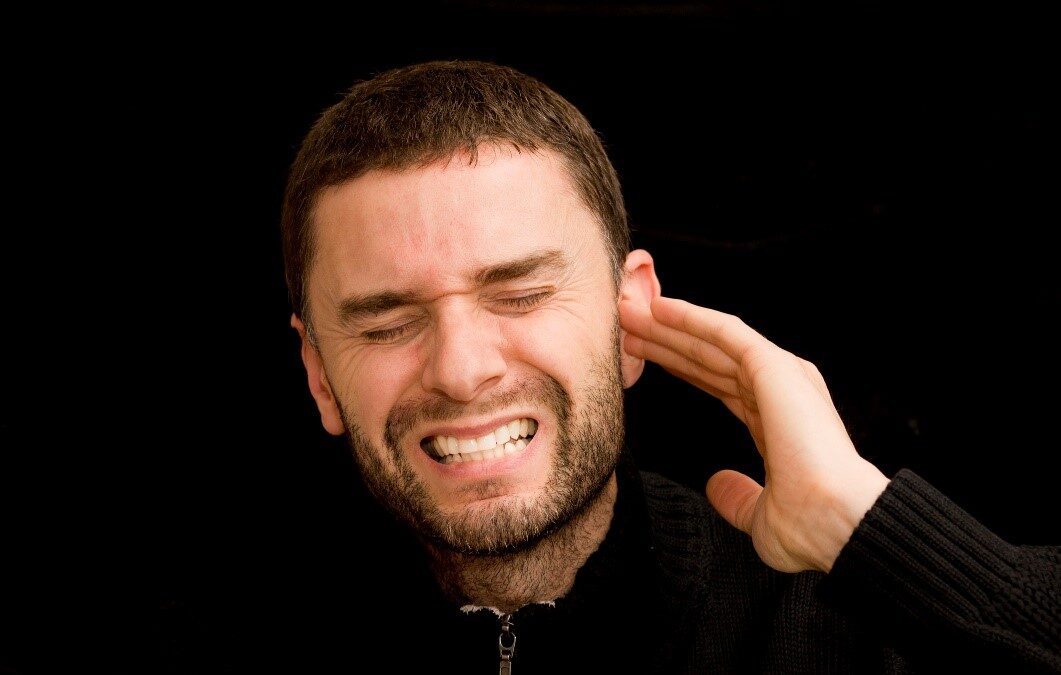The Role of Hearing Tests in Preventative Health Care
Hearing tests are an important part of preventative health care, yet many
New Location Now Open in Fort Mitchell! LEARN MORE →


Hearing tests are an important part of preventative health care, yet many

Living with tinnitus means dealing with sounds that only you can hear,

When you’re getting your hearing tested, you might be surprised by